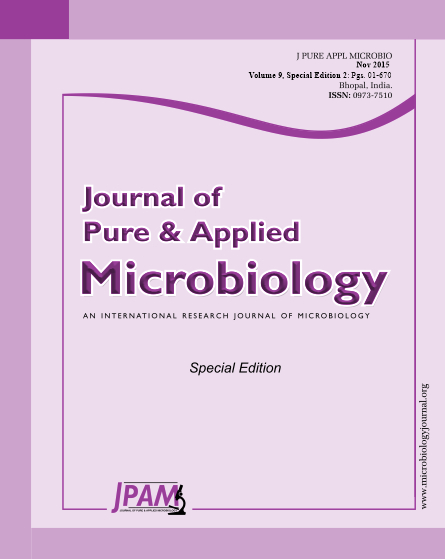Soil microbial biomass (SMB) as a more sensitive indicator of changes in the soil quality. Crop residues are well known to increase the content of soil organic C and that of SMB. Therefore, a 2-year field study was conducted to evaluate the effect of three tillage practices (conventional, zero till and FIRB planting) with four irrigation treatments. The irrigation treatments were ( I1:pre-sowing; I2: pre-sowing+active tillering or crown root initiation;I3:pre-sowing+active tillering or crown root initiation+ panicle initiation or flowering; and I4: pre-sowing+active tillering or crown root initiation+panicle initiation or flowering+ grain filling) applied in primary strips at pre-sowing and critical growth stages and two crop residue management practices (retained and removal) on soil properties, crop productivity and total organic carbon and organic carbon fractions in wheat (Triticum aestivum L.) crop. Results indicate that the plots under conservation agriculture practices had nearly 17 and 14% higher of microbial biomass carbon (MBC), total organic carbon (TOC) and organic C fractions (that is, water soluble organic C, easily oxidizable organic C, particulate organic C, humus C and black C) content as compared with conventional tillage after 2 yr of cropping, despite similar mean aboveground biomass yields of wheat crop on both FIRB and ZT plots. The FIRBS planting and irrigation at pre-sowing + active tillering or crown root initiation + panicle initiation or flowering had registered positive impact on MBC and TOC content. Thus, adoption of tillage crop establishment with irrigation scheduling practices was beneficial for the increase of wheat grain yield and the better management option for soil C improvement than CT, and irrigation generally enhances the positive impacts during a short-term period.
Crop Residue, Irrigation Schedules, Microbial Biomass Carbon (MBC), Planting Methods, Soil Physical Properties, Water Productivity
© The Author(s) 2015. Open Access. This article is distributed under the terms of the Creative Commons Attribution 4.0 International License which permits unrestricted use, sharing, distribution, and reproduction in any medium, provided you give appropriate credit to the original author(s) and the source, provide a link to the Creative Commons license, and indicate if changes were made.


